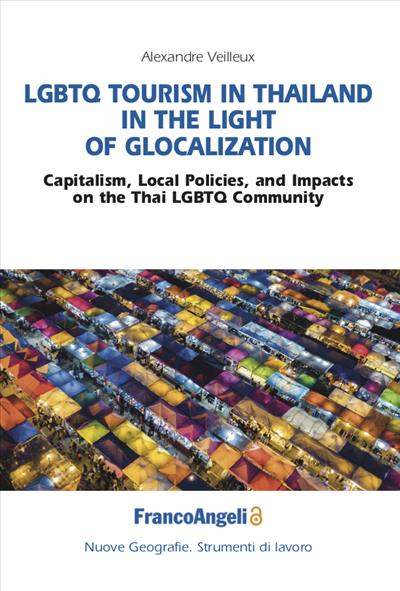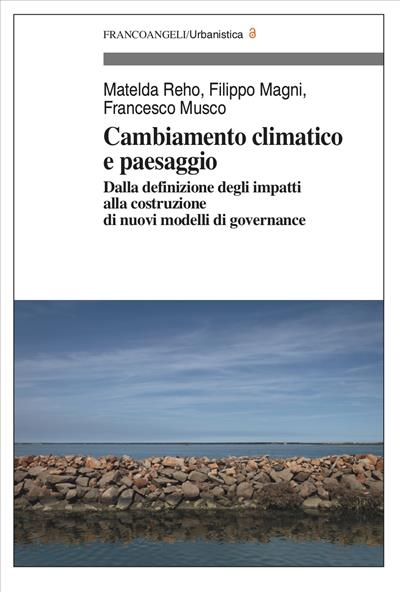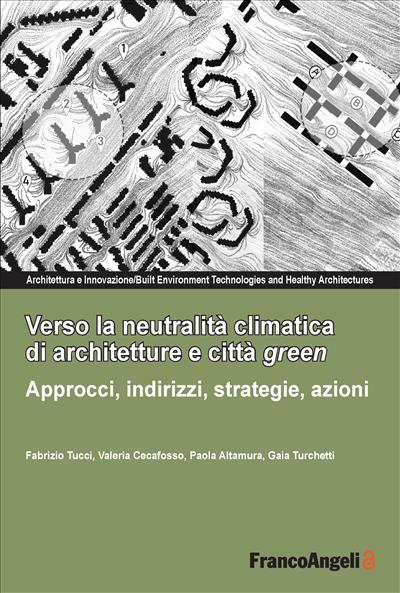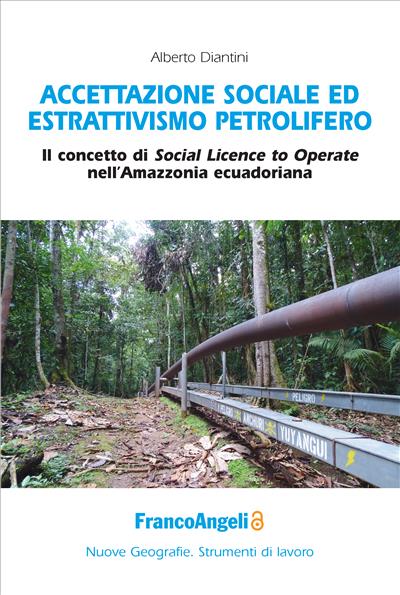
LGBTQ Tourism in Thailand in the light of glocalization
Capitalism, Local Policies, and Impacts on the Thai LGBTQ Community
For many decades, Thailand has been described as a “gay paradise” by various travel magazines. However, local LGBTQ people are still facing discrimination in many aspects of their life and many rights are denied to people of various sexual orientations and identities. Tourism brings stronger connections between countries, increasing exchanges of ideas and customs among different populations, such as ideas and values relating to sexual identities. Therefore, the purpose of this research is to find out what are the impacts of LGBTQ tourism on the Thai LGBTQ community and on Thai legislation regarding people of various sexual orientations.
Open Access
0,00
Open Access
0,00
Pagine: 118
ISBN: 9788835132103
Edizione:1a edizione 2021
Codice editore: 11111.6
Informazioni sugli open access




